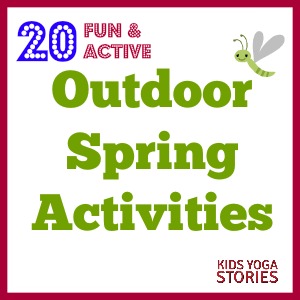4 Ways to Integrate Mindfulness in Schools
This is part of the post that was written for Edutopia.org, a website dedicated to sharing evidence- and practitioner-based learning strategies that empower teachers and parents to improve K-12 education. To read the whole article, click the link below.
Mindfulness in Schools: Is mindfulness part of your classroom curriculum? Why it should be!
Now more than ever, teaching mindfulness in the classroom is a necessity. Our children are stressed and anxious. Teachers and parents are stressed and anxious, too. Our lives are busy, and we often find our thoughts buzzing over the past or worrying about the future. And mindfulness teaches us to live in the present moment and to enjoy and experience what’s in front of us, moment by moment.
Educators know that children learn best when they are comfortable, safe, and relaxed. Imagine if, along with giving our children the gift of lifelong learning and tools to be a kind and productive adult, we can also give them the gift of mindfulness – using their breath and mind to lead a happy and healthy life. In turn, teachers will reap the benefits of mindfulness, as well. And we all know that a happy teacher has a happy classroom.
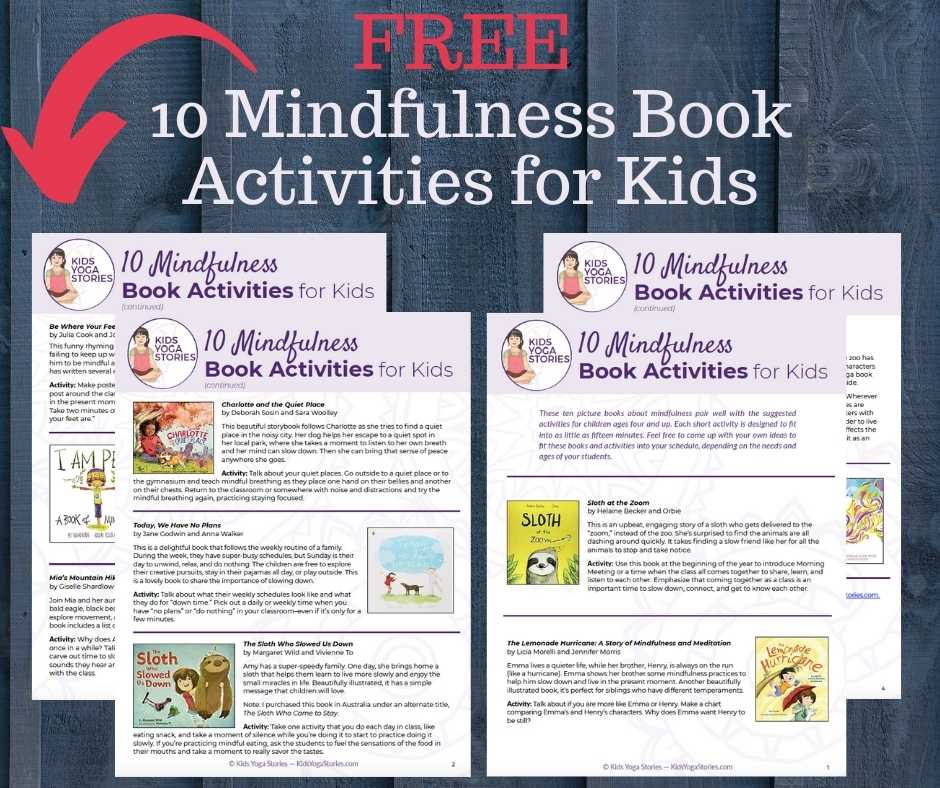
Four ways to incorporate mindfulness into schools and bring calm to your classroom:
1. Mindfulness through breath
When we are stressed or anxious, we often take shallow breaths into our chests. By breathing deeply into your belly, you use your breath to calm your body and mind. To practice mindful breathing, place your right hand on your belly and your left hand on your chest, then feel the gentle rise and fall of your breath. Count to three as you inhale, then count to three again as you exhale.
2. Mindfulness through sensory experiences
Sensory experiences also help children focus and relax. Try listening to music or calming sounds in the classroom. Or take the children outside to hear the sounds of nature. They could play I Spy or create mind jars.
3. Mindfulness through guided imagery
Guided imagery develops children’s imaginations. It also helps to integrate learning with prior knowledge. When you start a new topic in your classroom, have your students close their eyes (if that’s comfortable) and slowly talk them through a pretend journey.
4. Mindfulness through movement
Humans are born to move. Movement is a natural part of human life that has become a luxury in modern times. Introducing movement into your classroom allows your students to tap into their natural way of learning. For example, if you’re studying animals around the world, you could practice Downward-Facing Dog Pose (to be a sheepdog), Cat Pose (to be a lion), and Extended Child’s Pose (to be a turtle). Use yoga pose cards or yoga books to brainstorm yoga pose sequences that your children will love and enjoy.
Click here to read the full article of “Integrating Mindfulness in Your Classroom Curriculum” on Edutopia.org.
You might also like:
Check Out Our Simple Meditations for Kids
Are you looking for fun and easy meditations to read to your children?
Do you want audio options to play to your children as well? We have you covered!
This meditation pack includes:
- Simple Meditations for Kids. This book includes ten guided meditations and coloring pages for each meditation to provide to your children.
- Ten audio files of each meditation read by the author.
This book is for primary school teachers, kids yoga teachers, parents, caregivers, health practitioners, and recreation staff looking for fun, simple ways to add guided meditations to their curriculum, classes, or home life.
Each meditation takes the listener on a journey to evoke a positive emotion. These simple meditations are designed for children four to eight, but could also be used with younger or older children, even adults.
Download your Simple Meditations for Kids here pack today!
Check Out Our Mindfulness Cards for Kids
Explore 25 unique ways to help children slow down!
Help the children in your life slow down by practicing these simple and effective mindfulness exercises. This mindfulness deck is divided into four categories that you can chose from: breath, movement, sensory, and guided imagery.
Download these 60 digital cards to bring simple mindfulness practices to your home, classroom, or studio. Includes an index card, mindfulness activity tips, 25 Mindfulness cards with illustrations, and 25 corresponding description cards.
The kids are multicultural from various countries.
Instantly download, print, and practice.
Age group: Ages 4+. Printing Instructions
Download you Mindfulness Cards for Kids here.

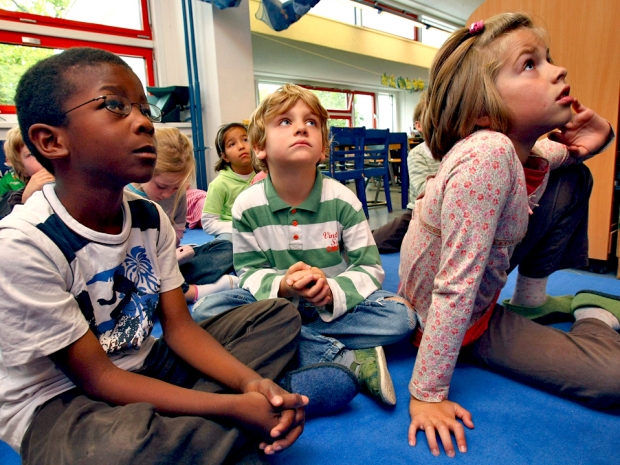


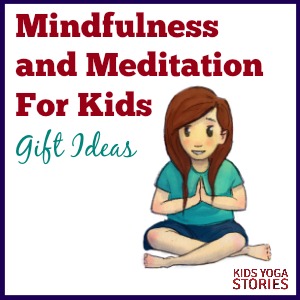
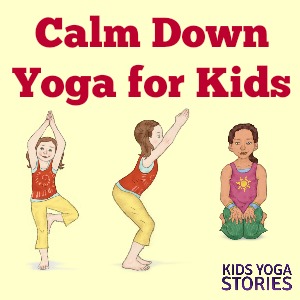
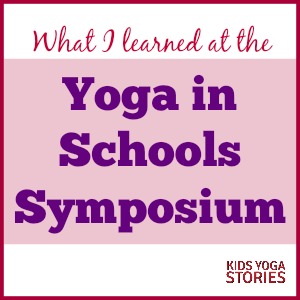
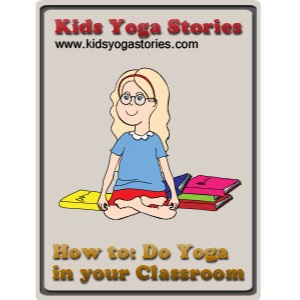
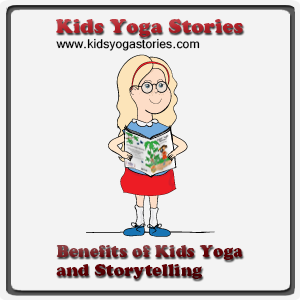
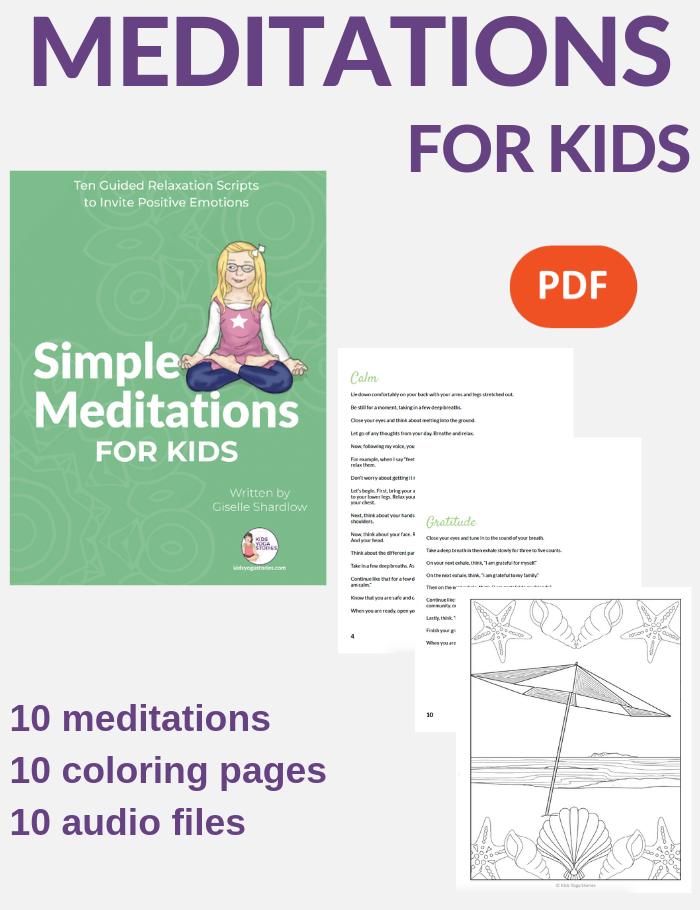



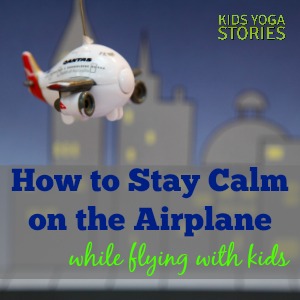
![New Ocean Yoga Book [Press Release]](https://www.kidsyogastories.com/wp-content/uploads/2015/10/maria-explores-the-ocean1-full-1.jpg)
